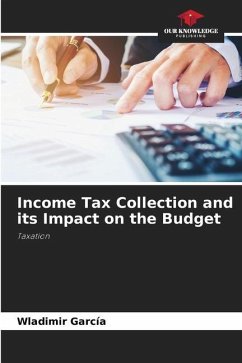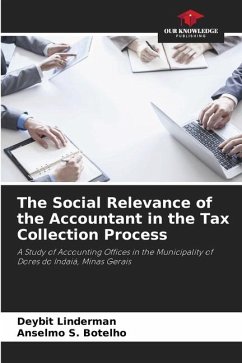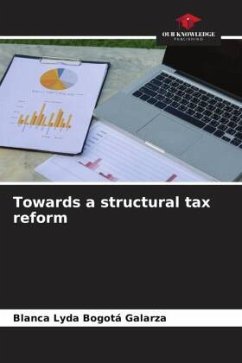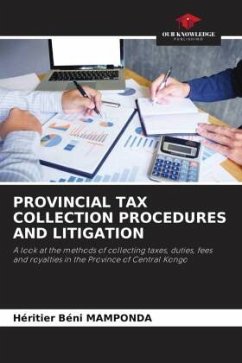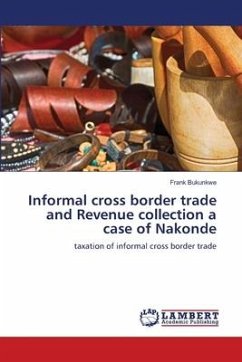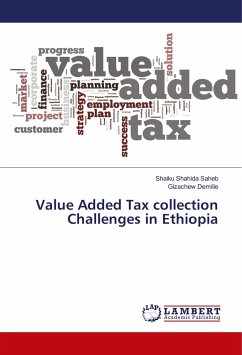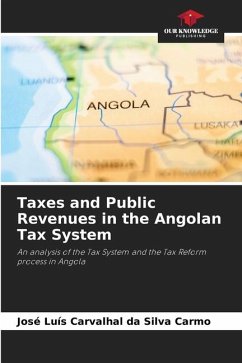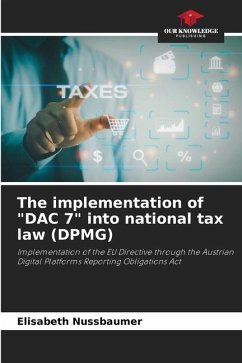
IMPORTANCE OF THE TAX REGULATORY FRAMEWORK
The importance of the property tax consideration in local governments
Versandkostenfrei!
Versandfertig in 6-10 Tagen
40,99 €
inkl. MwSt.

PAYBACK Punkte
20 °P sammeln!
The modernization of the State and the decentralization process constitutes an opportunity to prepare for the provision of public services and local investments. However, the process, seen from the point of view of municipal financing, is consolidating as a model based mostly on transfers from the central government (FONCOMUN and Canon Minero, mainly). At the national level, there is no end to the discussion on the need and function of taxes, but in the case of local governments, citizens are informed that it is precisely with these funds that these services are financed. Local governments are...
The modernization of the State and the decentralization process constitutes an opportunity to prepare for the provision of public services and local investments. However, the process, seen from the point of view of municipal financing, is consolidating as a model based mostly on transfers from the central government (FONCOMUN and Canon Minero, mainly). At the national level, there is no end to the discussion on the need and function of taxes, but in the case of local governments, citizens are informed that it is precisely with these funds that these services are financed. Local governments are part of the National Tax System, for which the Tax Code determines that the taxes it administers are the property tax, alcabala, gaming, betting, vehicle patrimony. Local governments are the active subjects of the legal tax relationship, and the collection of the aforementioned taxes is a legal attribution or power, and the passive subjects are obliged to pay them.




